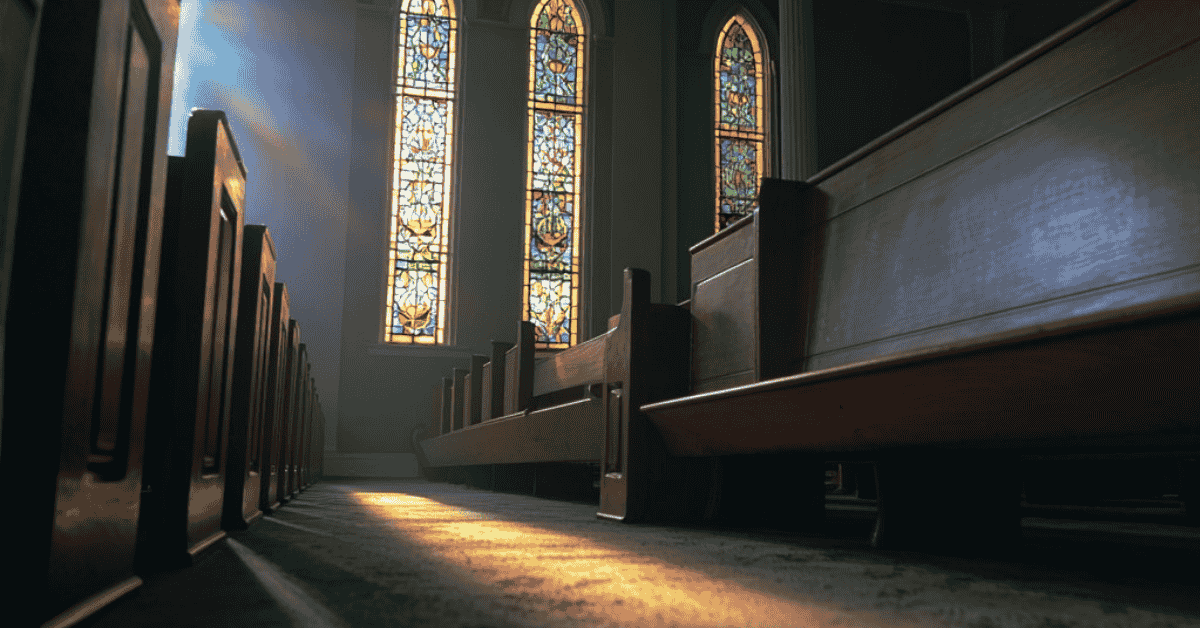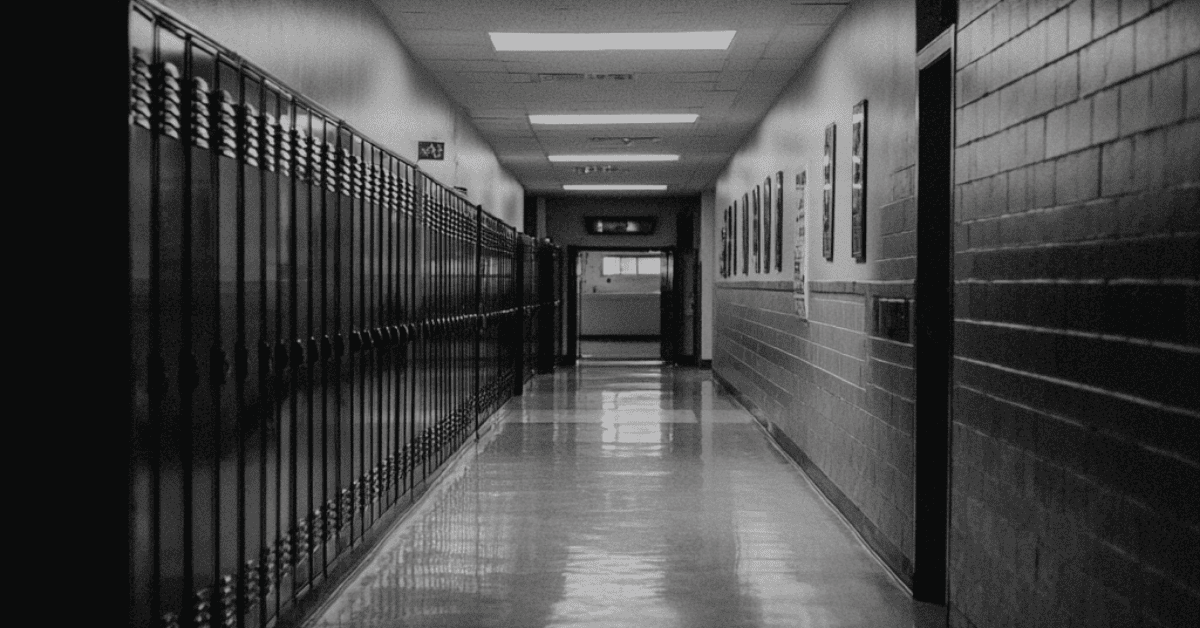Sexual Abuse in the Troubled Teen Industry: Legal Options for Survivors and Families in Arkansas
They were sent away to be helped — not harmed.
But across the country, countless teens have emerged from “behavioral treatment” programs with deep emotional trauma, physical injuries, and, in far too many cases, stories of sexual abuse they were too afraid to tell at the time. For Arkansas families, it’s a betrayal that cuts deep — these programs were trusted with children’s lives.
As an attorney who represents survivors and families throughout the state, I’ve seen how these so-called therapeutic environments hide systemic abuse behind closed doors. Survivors often carry the weight for years, thinking no one will believe them — or that it’s too late to come forward.
But it’s not.
You may still have powerful legal options.
And we can help you use them.
If your child was harmed — or if you’re a survivor yourself — keep reading. Justice might still be within reach.
What Is the “Troubled Teen” Industry?
It sounds like a broad label, but the “troubled teen industry” refers to a vast and largely unregulated network of:
- Therapeutic boarding schools
- Wilderness programs
- Residential treatment centers (RTCs)
- Boot camps or behavior modification camps
- Faith-based reform schools
These institutions often advertise themselves as last-resort solutions for families dealing with difficult behaviors, addiction, trauma, or mental health crises in their teens.
But behind their glossy marketing, many of these programs operate with minimal government oversight, rely on staff with little to no professional training, and isolate vulnerable teens from the outside world — a dangerous combination that has allowed sexual abuse to flourish unchecked.
We’ve represented survivors from all types of facilities — and in many cases, the signs were hidden until years later. If you’re wondering whether your child might be at risk, or if something just doesn’t feel right, you can learn more about these types of facilities on our residential treatment facility page.
How Abuse Happens in These Programs
Sexual abuse in these environments doesn’t always look like what people expect. It can be committed by staff, older students, or even external adults who are brought in for religious or therapeutic programming. Here’s what makes abuse in these programs especially insidious:
- Isolation: Teens are often cut off from their parents, sometimes forbidden from phone calls, letters, or even visits unless approved by staff.
- Power dynamics: Staff may threaten punishment or prolonged stays to silence victims.
- Grooming: Predators may target certain teens by offering protection, comfort, or special privileges.
- Fear of retaliation: Victims often believe that speaking up will only make things worse — and in many programs, it does.
- Gaslighting and spiritual abuse: Teens are told they are broken or sinful, and any discomfort they feel is their fault — not the abuser’s.
In Arkansas and across the country, this pattern repeats. Teens who once begged for help were met with denial, punishment, or worse.
Signs of Sexual Abuse in a Therapeutic or Boarding Program
If your child is still in a program — or has recently come home — you may feel like something is off but can’t quite put your finger on it. Survivors, too, may start to recall experiences that never felt “right” but were brushed off at the time.
Here are some red flags:
- Extreme withdrawal or refusal to talk about their time at the program
- Fear of authority figures, especially men or staff members
- Sudden, unexplained trauma responses (panic, nightmares, etc.)
- Self-harm, eating disorders, or substance abuse that started after the program
- Sexualized behavior or boundary issues
- Statements like “You won’t believe me” or “They said it was my fault”
These signs don’t confirm abuse on their own — but they are never something to ignore.
How Common Is Sexual Abuse in the Troubled Teen Industry?
We wish this were rare. But it’s not.
- A 2021 Government Accountability Office (GAO) report found thousands of allegations of abuse, including sexual assault, over just a few years.
- Survivor-led movements like #BreakingCodeSilence have gathered testimony from hundreds of former program participants who experienced sexual abuse.
- State-level investigations have resulted in lawsuits, shutdowns, and criminal convictions — but only after decades of harm.
Arkansas is not immune. Facilities across the region — even those that were faith-based or advertised as “Christian healing centers” — have come under fire. Survivors here have had to fight not only abusers, but silence from the very institutions that were supposed to protect them.
And long after the abuse ends, the impact remains. You can read more about the long-term psychological toll of childhood sexual abuse and why survivors sometimes don’t speak out until adulthood.
What Legal Rights Do Survivors Have in Arkansas?
You may be wondering — is it too late? Do we even have a case?
The answer: You might. Arkansas law provides several avenues for survivors of institutional abuse, depending on the details of the case.
Here’s what matters most:
- Age at the time of abuse
- When the abuse was discovered or remembered
- Who committed the abuse (staff, peer, outside adult)
- Whether the institution knew — or should have known — and failed to act
In many cases, the program can be held liable if it failed to screen staff, ignored red flags, or tried to cover up abuse. Some cases also qualify for civil lawsuits even if criminal charges were never filed.
And in Arkansas, recent legal shifts have extended the statute of limitations in certain sexual abuse cases. That means some adult survivors can now come forward even if the abuse happened years — or decades — ago.
Can I Sue a Residential Facility for Sexual Abuse?
Yes — in many cases, you can file a lawsuit against the program itself, not just the individual abuser.
Civil lawsuits can lead to:
- Financial compensation for trauma, medical costs, and suffering
- Public accountability and exposure of systemic failures
- Policy changes and safer conditions for current residents
- Validation — knowing you were not alone, and you were right to speak up
If the survivor is a minor, the parent or guardian may file on their behalf. If you’re an adult survivor, you may file directly. And if you’re unsure whether your situation qualifies, that’s exactly what we’re here to help you determine — confidentially, without pressure or obligation.
What to Do If You Suspect or Discover Abuse
Whether you’re just beginning to suspect something, or you’ve recently learned the truth — you are not powerless.
Here are steps we often advise:
- Document everything — Emails, letters, photos, medical records, journal entries.
- Get support — A therapist, survivor advocate, or trauma-informed counselor.
- Report the abuse — To child welfare services or law enforcement, especially if a minor is still at risk.
- Contact a lawyer experienced in this field — Not all attorneys understand the unique nature of institutional abuse cases.
We Help Survivors and Families in Arkansas Find Justice
I’ve worked with survivors who spent years blaming themselves for what happened in those programs. I’ve talked to parents who thought they were doing the right thing — and were crushed when they found out their child had been harmed.
No one expects to need a lawyer for something like this. But if you’re here, reading this, it probably means something inside you knows it’s time.
If you or someone you love was sexually abused in a residential teen facility — even if it happened years ago — you may still have legal options. We offer free, confidential case evaluations for survivors and families across Arkansas.
We’ll listen. We’ll believe you.
And we’ll help you take the next step, if and when you’re ready.
Talk to us confidentially — your story matters.



